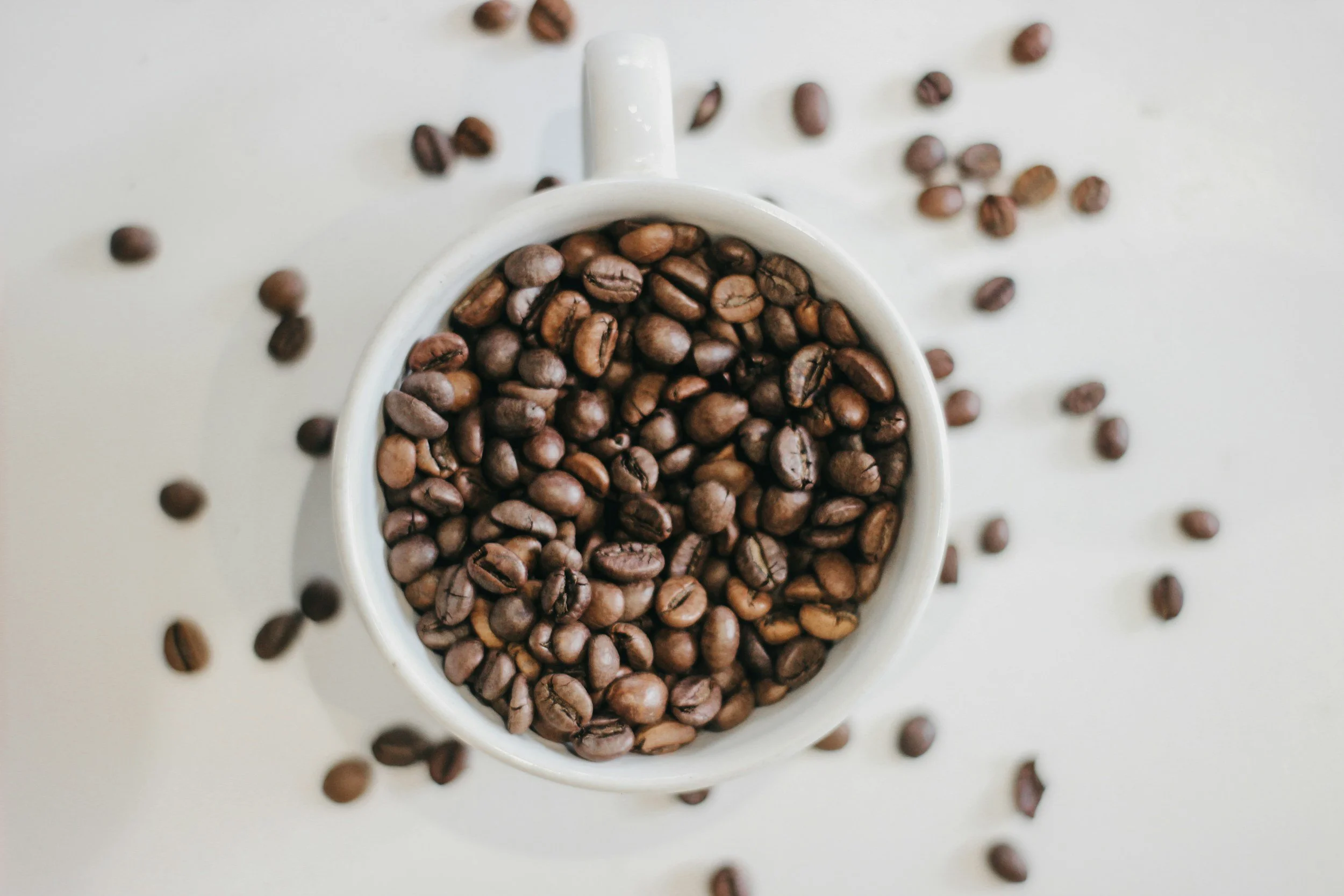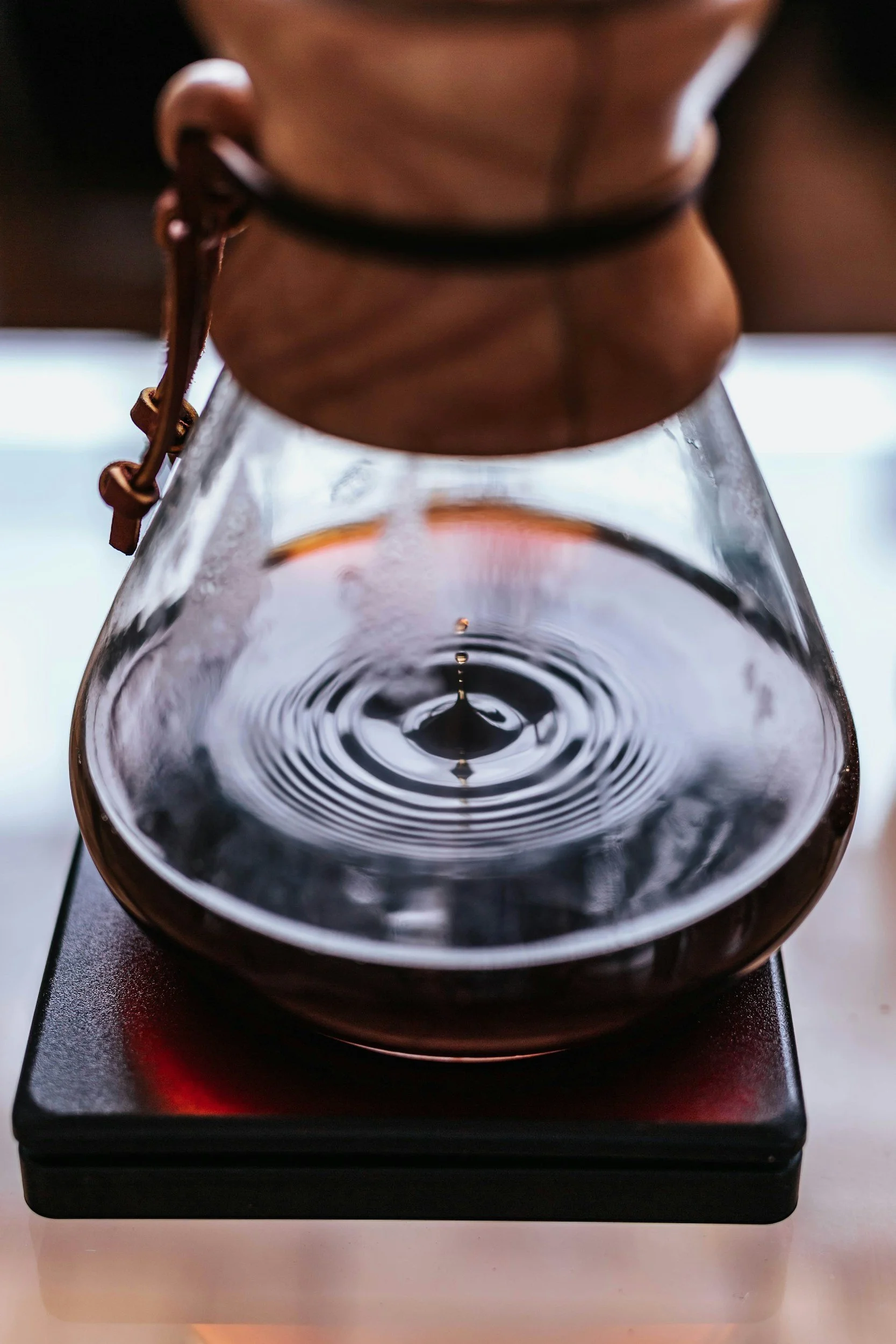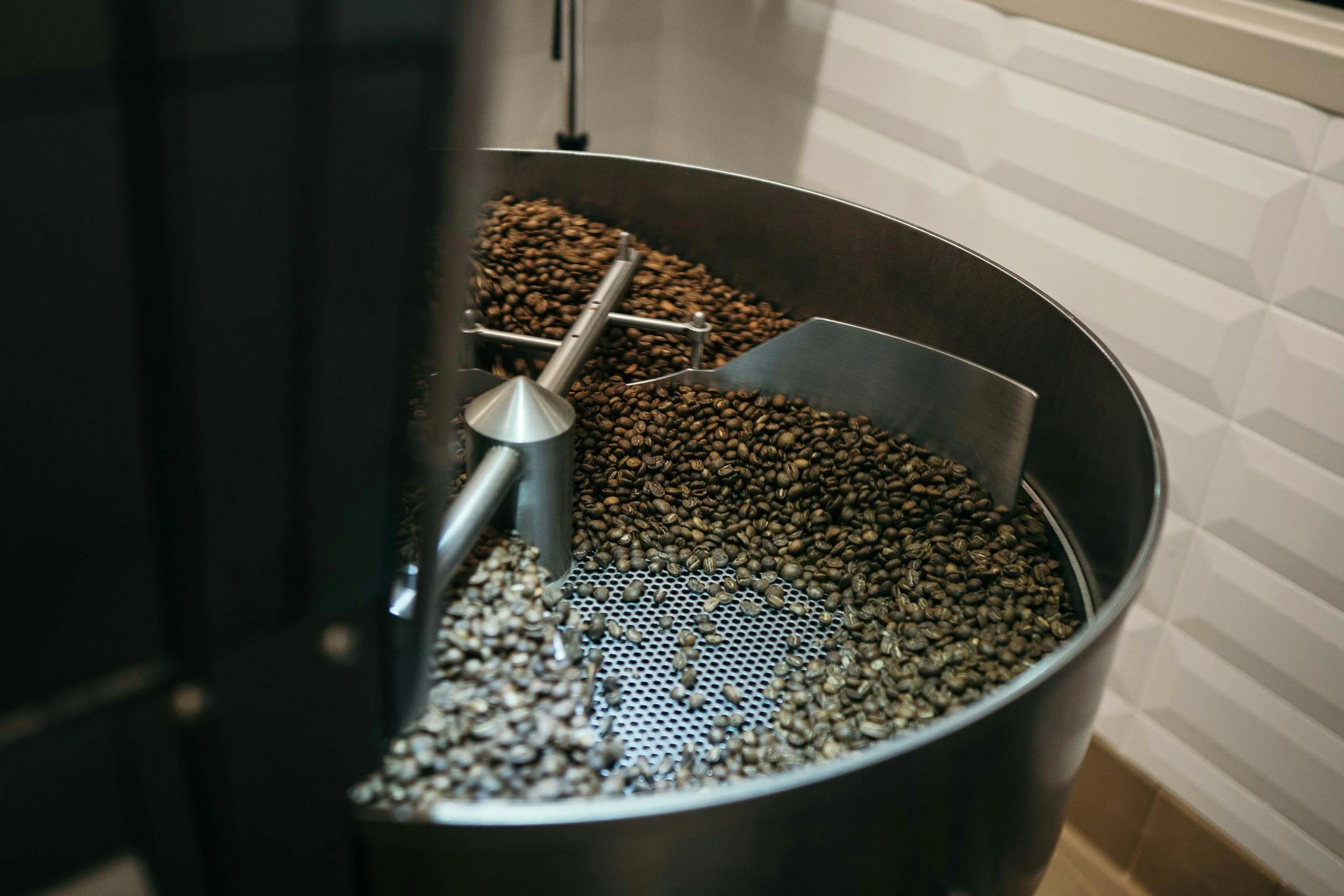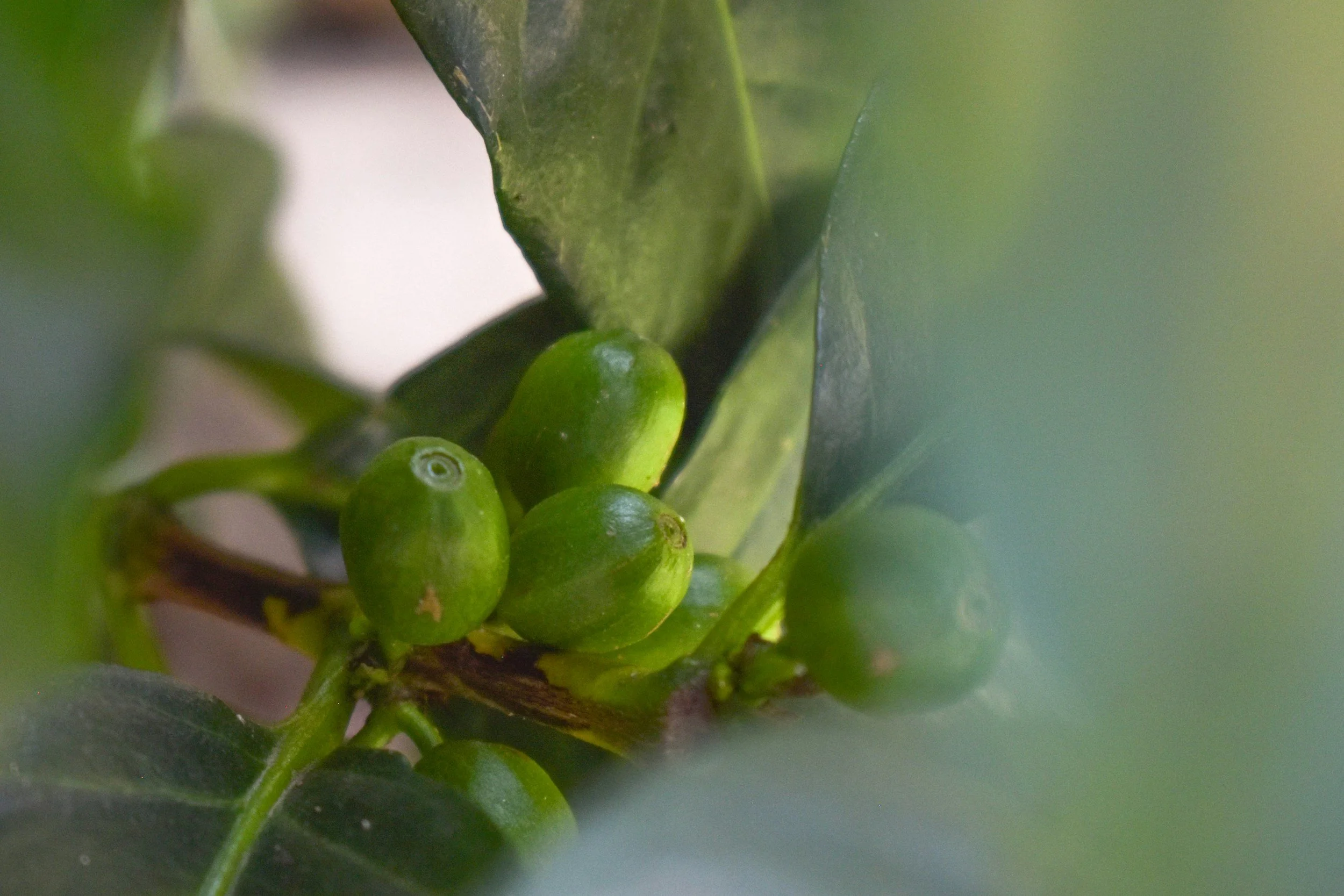The Digital Marketplace Revolution
The Traditional Challenge
Historically, coffee supply chains involved 7-10 intermediaries between farmer and roaster. This complexity obscured quality, reduced farmer profits, and limited traceability, critical factors for today's conscious consumers.
Digital Transformation
Modern coffee marketplaces leverage blockchain technology, IoT sensors, and AI-driven matching algorithms to create direct relationships between producers and buyers. These platforms have reduced supply chain costs by 15-25% while improving quality consistency.
Marketplace Mechanics
Successful coffee marketplaces require:
Quality Verification: Third-party cupping scores and certifications
Financial Infrastructure: Secure payment systems and trade financing
Logistics Coordination: Shipping, insurance, and customs handling
Relationship Management: Ongoing communication tools
Swiss Market Dynamics
Switzerland's sophisticated coffee culture creates ideal conditions for direct trade relationships. Swiss roasters, with their precision-focused approach, value the quality consistency and traceability that digital marketplaces provide.
Technology Stack
Modern coffee marketplaces utilize:
Blockchain: For immutable transaction records
AI Matching: Connecting compatible producers and buyers
IoT Integration: Real-time quality monitoring
Mobile Apps: Field-level data collection
Economic Impact
Digital marketplaces have increased average farmer income by 23% in participating regions while reducing buyer acquisition costs by 35% for specialty roasters.
Future Outlook
By 2027, analysts predict 60% of specialty coffee trades will occur through digital platforms, fundamentally reshaping the industry's economic structure.
Sources: Digital Coffee Trading Platform Analysis 2024. Swiss Coffee Market Research, Q3 2024. Blockchain in Agriculture: Coffee Case Studies 2023. Specialty Coffee Association Digital Trends Report 2024.
Innovation in the Cloud Forest
Innovation Landscape
Panama's coffee producers, working with limited land but unlimited creativity, are pioneering techniques that influence global specialty coffee production. With average farm sizes of just 2.5 hectares, innovation becomes essential for survival.
Fermentation Revolution
Producers like Jamison Savage at Finca Deborah are experimenting with controlled fermentation environments, using specific yeast strains to enhance flavor profiles. These techniques, borrowed from wine production, are creating entirely new flavor categories in coffee.
Processing Innovations:
Anaerobic Fermentation: Reduces processing time by 30% while intensifying flavors
Honey Processing Variations: Creates unique sweetness profiles
Extended Fermentation: Develops wine-like characteristics in coffee
Technology Integration
Finca Hartmann uses IoT sensors to monitor fermentation temperatures and humidity in real-time, ensuring consistency across batches. This data-driven approach has improved their cup scores by an average of 2.5 points.
Climate Adaptation
With temperatures rising 0.2°C per decade in coffee-growing regions, Panama's producers are:
Planting shade trees to moderate temperatures
Implementing water-efficient processing methods
Developing drought-resistant varieties through selective breeding
Economic Impact of Innovation: Innovative processing can increase coffee value by 200-400%. A standard washed coffee might sell for $8/lb, while the same beans processed using anaerobic fermentation can command $25-35/lb.
Research Partnerships
Panama's coffee sector collaborates with international research institutions, including UC Davis and the World Coffee Research organization, ensuring scientific rigor behind innovations.
Sources: World Coffee Research Innovation Report 2024. Finca Deborah Processing Documentation 2023. Climate Impact Assessment for Central American Coffee, 2024.
2025 Best of Panama Auction, Record-Breaking Results
Historical Foundation
Coffee arrived in Panama in 1780 through European colonists, but the industry truly flourished with the construction of the Panama Canal (1904-1914). The influx of international workers created Panama's first significant coffee consumption market, establishing the foundation for what would become one of the world's most prestigious coffee origins.
The Geisha Game-Changer
In 2004, Hacienda La Esmeralda's Geisha variety sold for $21/lb at auction, a record that seemed impossible. By 2019, the same farm achieved $1,029/lb, fundamentally altering Panama's coffee economics. But 2025 has shattered all previous records: just last week, Hacienda La Esmeralda's 98-point Geisha washed coffee sold for an unprecedented $30,204/kg at the Best of Panama auction, the highest score and price ever recorded in the competition's history.
Economic Impact Analysis
Coffee contributes $50 million annually to Panama's economy
Specialty coffee represents 85% of Panama's coffee exports by value
Average farm size: 2.5 hectares (significantly smaller than other Central American countries)
The 2025 auction alone generated millions in premium pricing, with Asian buyers leading the charge
Regional Specialization
Boquete: Known for balanced, chocolatey profiles, home to the record-breaking Hacienda La Esmeralda
Volcán: Produces bright, acidic cups with fruit notes
Renacimiento: Emerging region with unique terroir characteristics
Modern Market Dynamics
Panama's Best of Panama auction, established in 1996, has become the most prestigious coffee competition globally. The 2025 auction demonstrated unprecedented market strength, with Julith Coffee (a Dubai roastery that opened just days before the auction) winning the record lot after 549 competitive bids. This international interest, particularly from Asian markets, reflects Panama's global appeal.
The 2025 Breakthrough
The recent auction results prove Panama's continued market leadership:
98-point score: Highest ever recorded at Best of Panama
$30,204/kg price: New world record for coffee
International buyers: Dubai and Chinese companies driving premium prices
Market confidence: 549 bids on a single lot demonstrates sustained demand
Future Projections
Climate change poses challenges, but Panama's investment in research (IDIAP) and sustainable practices positions the country well for continued premium market leadership. The 2025 results suggest the luxury coffee market remains robust, with discerning buyers willing to pay extraordinary prices for exceptional quality.
Economic Transformation
From a colonial cash crop to the world's most expensive coffee, Panama's journey reflects a strategic focus on quality over quantity. Small farms averaging 2.5 hectares compete with massive plantations elsewhere by producing coffee that commands prices 50-100 times higher than commodity coffee.
Sources: Panama Coffee Institute Historical Archives. Best of Panama Auction Results 2025 (August). Global Coffee Report, August 2025. Perfect Daily Grind Market Analysis, August 2025. USDA Foreign Agricultural Service Coffee Report 2024
Swiss Precision Meets Panamanian Excellence
Switzerland's reputation for precision engineering extends beyond watches and machinery into the coffee roasting world. With over 300 specialty roasters in a country of 8.7 million people, Switzerland represents one of the world's most sophisticated coffee markets.
Educational Deep Dive
Roasting is a complex chemical process involving over 800 volatile compounds. The Maillard reaction, occurring between 280-300°F, creates the flavors we associate with great coffee. Swiss roasting technology, led by companies like Probat and Giesen, offers precision control that's essential for highlighting Panama's delicate Geisha profiles.
Market Intelligence:
Swiss coffee consumption: 8.8kg per capita annually (2023)
Premium coffee segment growing 12% YoY in Swiss market
73% of Swiss consumers willing to pay premium for traceable coffee
The Roasting Science
Panama's high-altitude beans (1,400-1,700m) require specific roasting profiles. The dense bean structure demands careful heat application to avoid underdevelopment while preserving the delicate floral notes that make Geisha coffee exceptional.
Innovation Spotlight
Swiss roaster Henauer Coffee is pioneering AI-driven roasting profiles specifically for Panamanian varieties, reducing waste by 15% while improving cup quality scores.
Sources: Swiss Coffee Association Market Analysis 2024. Roast Magazine Technical Review, March 2024. Henauer Coffee Innovation Report 2023
The Green Coffee Trading Revolution
The global green coffee trading market, valued at $102.15 billion in 2020, is experiencing a digital transformation that's particularly impactful for premium origins like Panama. As someone who's navigated both traditional marketplaces and emerging digital platforms, I've witnessed firsthand how technology is reshaping coffee commerce.
Key Facts & Education:
Panama produces only 0.01% of global coffee but commands premium prices averaging US$15-30/lb for Geisha varieties
Digital trading platforms have reduced transaction costs by 23% since 2019 (ICO Market Report, 2023)
Direct trade relationships now account for 40% of specialty coffee transactions
The Marketplace Evolution
Traditional coffee trading relied on multiple intermediaries, often disconnecting producers from end markets. Digital platforms like Algrano, Cropster, and emerging blockchain solutions are creating transparent, traceable supply chains that benefit both farmers and roasters.
Panama's Competitive Advantage:
The country's focus on quality over quantity, combined with innovative processing methods developed at farms like Hacienda La Esmeralda, positions Panama perfectly for premium digital trading platforms.
Sources: International Coffee Organization (ICO) Market Report 2023. Specialty Coffee Association Trading Standards 2024. Panama Coffee Institute Annual Report 2023



